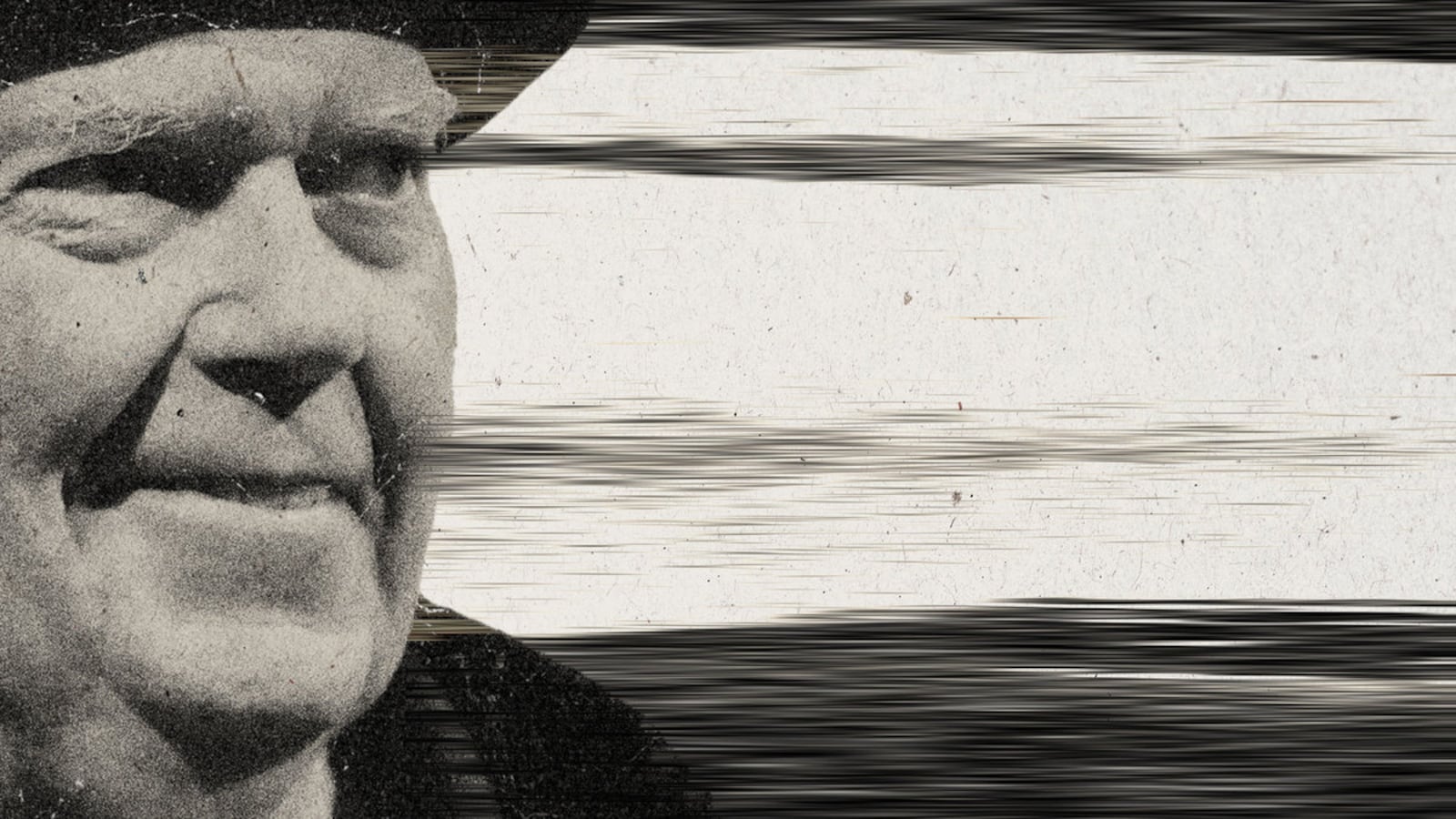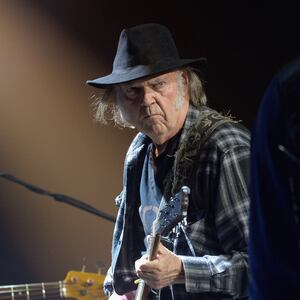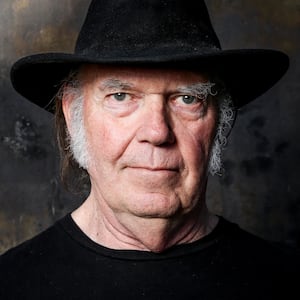In keeping with his career-long tradition of performative activism, Neil Young demanded in a (since-deleted) open letter on his website that Spotify either remove his music or Joe Rogan’s podcast from its service—in the name of quelling COVID-19 vaccine misinformation.
Spotify purchased the rights to stream the The Joe Rogan Experience in 2020 for $100 million. Critics have argued Spotify is culpable when Rogan casts doubts on vaccines, features vax-skeptical guests, or touts unproven COVID medications to his millions of listeners.
For his stance, Young is basking in praise as a principled musician willing to sacrifice his own streaming revenue in the name of science, technological progress, and public health.
This is the same Neil Young who in 2015 released an entire album, The Monsanto Years, that’s wall-to-wall songs from an anti-biotechnology point of view.
Young’s anti-GMO rhetoric helped fuel a narrative that made it easy to spread fear and distrust about COVID vaccines, most of which used novel biotechnology methods and some of which use genetic engineering.
A collective amnesia has set in amongst progressives regarding the left’s past pandering to the anti-biotechnology movement. Reactionary luddism—especially around biotechnology—was both politically correct and convenient for progressive celebrity activists. But that was in the “before times.”
The anti-GMO movement—which rose to prominence in the mid 1990s and early 2000s—attained a key legislative win in 2014 when Vermont mandated GMO labeling of food.
Activists insisted it was vital information for consumers to make informed choices, despite wide scientific agreement that they’re safe for consumption. In fact, not only were GMOs not a threat to human health, they’ve been a boon to it, much like the insulin that has kept Neil Young alive for most of his life. Vitamin A-enriched golden rice, for example, could have saved millions of lives and help prevent child blindness, were it not stymied by anti-GMO activists.
The new Vermont law threatened to be a pointless and impractical nightmare for food manufacturers, so trade groups sued the state. But with Big Business fighting the mandate, its repeal was easily framed by the anti-GMO movement as an affront to consumer safety and democracy. This framing was eagerly adopted by progressive politicians and amplified by the mainstream media.
As the case garnered coverage, the anti-GMO crowd was re-energized once more. And Neil Young seized the moment, releasing The Monsanto Years and embarking on a tour of the same name. At one pre-show press conference, accompanied by Vermont’s then-Democratic Gov. Peter Shumlin, Young pledged $100,000 to the legal case defending the GMO labeling law.
Another guest at the conference was Shiva Ayyadurai, a technologist who’d published dubious research showing GMOs were dangerous. Ayyadurai would in 2018 run as a Republican (and later, as an independent), against Elizabeth Warren for a Massachusetts U.S. Senate seat. (Warren opposed an overly strict federal GMO labeling bill.) Ayyadurai has since pivoted to spreading COVID-19 vaccine misinformation—it was his tweet that started the #firefauci hashtag, when then-President Donald Trump retweeted it.
Young’s Monsanto album release and media tour doubled as activism—amplifying misinformation about GMOs to large mainstream audiences. He released a short anti-GMO documentary aptly named Seeding Fear. Most notably, and ridiculously, was an appearance on The Late Show with Steven Colbert.
Colbert asked Young about the scientific evidence showing GMOs were safe. But Young dismissed it out of hand, retorting: “That must be a Monsanto study that didn’t notice the terrible diseases and all of the things that are happening.” Then he pivoted to citing overzealous anti-GMO regulations in the EU as if it was scientific proof of anything.
The cringey bit concluded when a man dressed as a GMO corn cob appeared, asking Young, “I was born this way, why do you have to label me?”
Young replied, “I don’t normally like to label things but you’re so dangerous, and you’re dangerous to me personally and my family, and the rest of the planet.” Eventually the corn grew so angry it exploded in a shower of popcorn, which Young implored Colbert not to touch.
Trade groups successfully lobbied Congress to replace any state by state labeling laws with a federal law—to avoid having to manufacture different packaging for every jurisdiction. President Barack Obama signed the law in 2016 and, coincidentally, it went partially into effect just one day after the first case of COVID-19 was discovered in China: January 1, 2020.
The anti-biotechnology movement, until very recently treated with kid gloves by late night comic and taken seriously by Democratic politicians looking to mobilize voters, was about to become a dangerous liability.
Amplified by Young, the anti-biotechnology movement helped lay the foundations of the anti-COVID vaccine movement today, giving it an arsenal of misinformation to be repurposed, mainstream articles to be referenced, and misguided laws to be held up as proof of inherent dangers posed by safe technologies.
COVID vaccines containing a genetically-engineered virus were framed by skeptics as risky, simply by pointing to the way regulators and media outlets had treated GMOs, often at the behest of radical activists like Young.
Non-GMO vaccines—using mRNA—dealt with accusations that they “turn people into GMOs,” an incoherent notion that had to be denied by multiple health agencies across the world.
One of the main arguments in favor of GMO labeling served as a precedent for arguments against vaccine mandates: “The science says they’re safe, but people should be able to choose for themselves”—which implies that they might, in fact, not be safe.
The current mainstream narrative is that ignorant opposition to modernity and biotechnology is strictly a phenomenon on the populist right—amplified by the new corporate technological boogeymen: big tech and social media. The populist right, for its part, is happily adopting this narrative. But technological Luddism knows no party.
Neil Young’s got a legitimate case in criticizing Spotify for amplifying Joe Rogan’s biotech misinformation. But first, he should atone for his own role in seeding COVID vaccine skepticism.
(Editor's note: This column has been updated to correct the fact that Young uses insulin—rather than penicillin—for his diabetes, and to clarify a point about Vitamin A-infused golden rice.)







